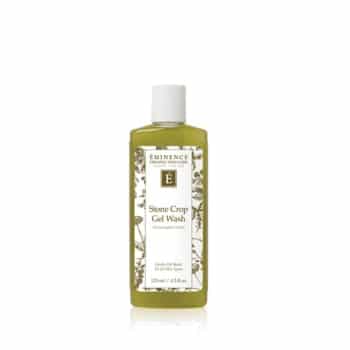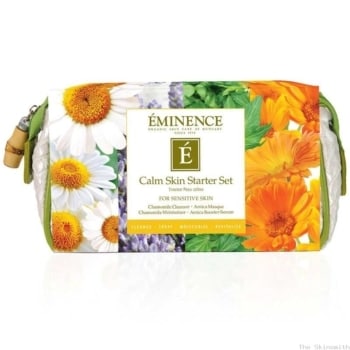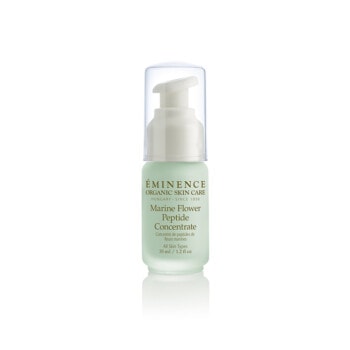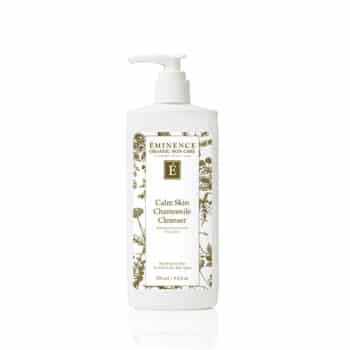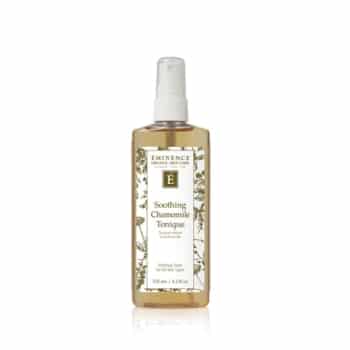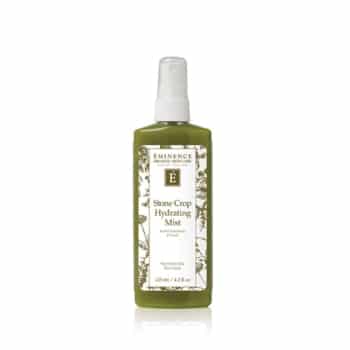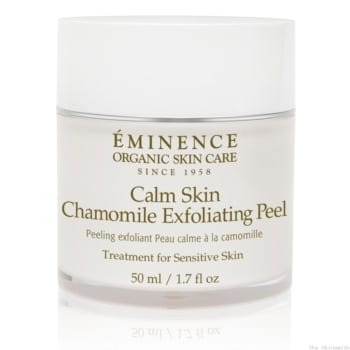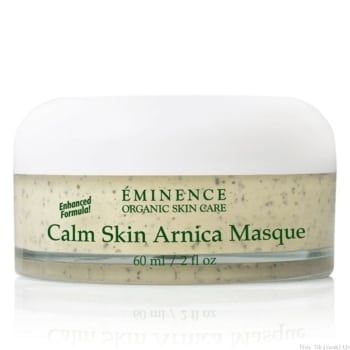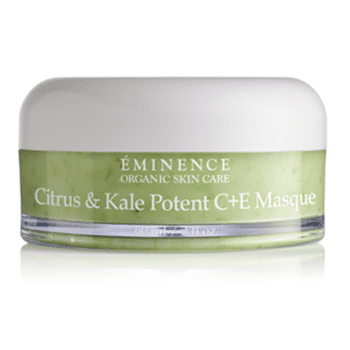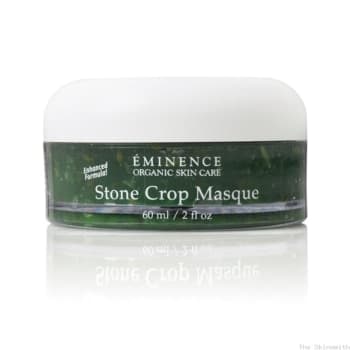Rosacea: Understand the Symptoms and How to Effectively Manage Them
The Skinsmith | 3rd Febuary 2022
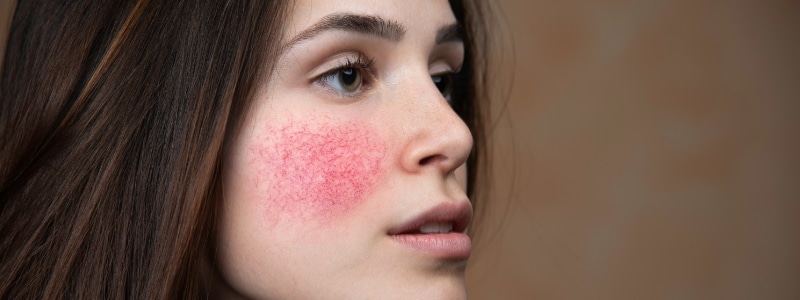
What is Rosacea?
Rosacea can be redness or flushing in and around the face, it is quite common and can have a variety of different symptoms and visible reactions on the skin, from noticeable blood capillaries to breakouts or swollen skin tissue. When someone with rosacea has what is known as a flare up, the symptoms become visible and inflamed, these flare ups can last from a few days to many months. Rosacea can affect anyone, although it has been noted that females in their mid-40’s plus seem to be effected the most. This skin condition cannot be cured but it can be controlled and soothed with a variety of different treatments and products.
What Are the Symptoms?
1. Erythematotelangiectatic Rosacea:
The symptoms of this type of rosacea are redness from inflamed capillaries and blood vessels. You can often see the tiny veins underneath the skin and the skin can feel warmer to the touch. Often your skin is drier and more sensitive when there is a flare up.
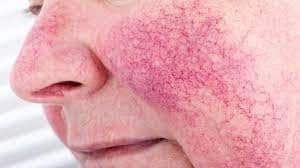
Photo credit – newson6.com
2. Papulopustular Rosacea:
The cheeks, chin and forehead are the most commonly affected areas for this type of rosacea. Symptoms include small red bumps and pus-filled whiteheads. In a lot of cases this type of rosacea can be mistaken for acne. There is often redness or facial flushing and the blemishes can take a long time to disappear.
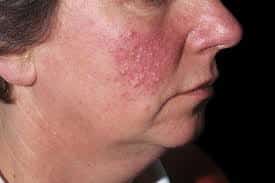
Photo credit – dermatologyadvisor.com
3. Phymatous Rosacea:
This type of rosacea is quite rare; it can cause the skin to swell and become thicker. The skin can become bumpy in the affected areas and may even result in scarring. The inflamed skin can often appear red although this is not always the case. Although this type of rosacea is quite rare treatment is very successful. It affects men more than women and the nose is the most affected area (known as bulbous nose or rhinophyma).
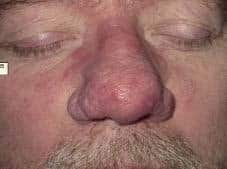
Photo credit – medicaljournal.se
4. Ocular Rosacea:
This type of rosacea affects the eye area, it may cause redness and swelling around the eye, it may become red and swollen inside the eye and the eye itself can become red also. This type of rosacea can cause mild to severe discomfort and irritation. The eyes may become watery, and the skin in the affected area can become sensitive or even dry. In some cases, cysts may form in and around the eyelids.
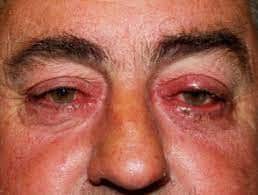
Photo credit – dermnetnz.org
How is Rosacea Caused?
The cause of rosacea is still a bit of a mystery, there are some indications that it may be due to an overactive immune system, possibly hereditary or affected by environmental stressors. There is also some research around a bacterium and a microscopic skin mite that may also cause rosacea flare-ups. It is important to know that rosacea is not contagious though and is not linked to poor hygiene.
Rosacea sufferers and research into the causes of rosacea have shown that there are some common triggers that can bring on a flare-up or aggravate rosacea symptoms. Those triggers can include:
- Hot, spicy foods and hot drinks
- Alcohol, red wine is more commonly noted than other alcoholic drinks
- Stress and heightened emotions
- Exercise
- Some medications have been linked to rosacea flare-ups
- Temperature changes, excessive sun or windy weather
- Certain cosmetic, skin, hair and body care products – especially those containing harsh chemicals such as; parabens, lauryl sulphates, propylene glycol and phthalates.
Can You Effectively Treat Rosacea?
We are often asked about the different treatments for rosacea and does rosacea go away?
Treatment for rosacea will often treat the symptoms and focus on education around the triggers that cause flare ups. Clinic or salon treatments can help as well as prescribed medications. You will often see a combination of treatment modalities as the best way to reduce symptoms and flare ups and help rosacea to go away and stay at bay! A good rosacea skincare routine formulated to calm and soothe the symptoms is important along with the other treatment methods.
Skincare Products
Rosacea skincare should be formulated to reduce redness and inflammation the most common symptoms, whilst hydrating and stimulating cell rejuvenation to speed up recovery of a flare-up. Look for products that do not contain harsh chemicals such as; parabens, lauryl sulphates, propylene glycol and phthalates but instead contain ingredients such as; chamomile, arnica, calendula, stone crop, aloe, vitamin C and E.
These ingredients will reduce redness and inflammation and calm the irritation in the skin. If your rosacea also has blemishes (papulopustular rosacea) look for ingredients that will heal them quickly and reduce the frequency. Probiotics, Tea Tree oil, cucumber, rosehip and stone crop are good options to help with blemishes associated with rosacea.
Clinic and Salon Treatment Options
Nowadays there are lots of treatment methods available for a variety of different skincare concerns. In-salon treatments such as LED or Intense Pulsed Light Therapy can help to reduce the symptoms of rosacea. IPL is a broad-spectrum light treatment that uses high energy light pulses to penetrate the skin. LED is often described as a gentler treatment using lower energy and different wavelengths of light to penetrate and treat the skin. You will often require a course of treatments and both treatments can be very effective used alongside the other treatment options.
A medi-spa or clinic will offer laser treatments to help control the symptoms of rosacea. There are different types of laser that can target specific symptoms or types of rosacea.
- Erbium YAG laser is good for erythematotelangiectatic rosacea and phytomous rosacea as it delivers light to treat the inflamed and visible capillaries, it is also used to reduce the excess tissue that causes the skin to become thicker and bumpy.
- Pulsed-dye laser is effective at reducing the redness and flushing from most types of rosacea as it reduces inflammation in the skin cells.
- CO2 lasers reduce redness, skin thickening and inflammation and can help to reduce scarring from rosacea as well.
A closer look at our Eminence Organic Skincare Lotus Detoxifying Overnight Treatment
Lifestyle and Home Remedies
Recognising what your own personal triggers are that cause a flare up for you and how to treat rosacea effectively for you is important.
For some keeping a diary of what they have done, eaten, drunk and even what the weather was when they experience a flare-up is key in their treatment and control of their rosacea concerns.
Home remedies can also be an option in your treatment journey and taking a closer look at what you eat, how exercise affects you and if there are any supplements that can help you, maybe effective ways to also treat your individual rosacea symptoms.
Turmeric is known to be a potent natural anti-inflammatory, for some introducing this spice into their everyday cooking helps and for others taking a supplement of turmeric proves more effective.
A good sleep pattern and stress management for most are worth exploring as stress is a known trigger for some and we can all benefit from a good night’s sleep! The skin does most of its repairing and rejuvenating at night so looking at ways to improve your sleep could help. Meditation can be an effective option for both stress and sleep issues and for some sleep-inducing aromatic oils like lavender work really well.
For your specific treatment, it is best to speak with your medical professional about the different treatment options to help you discover which ones may work best for your rosacea concern.
Looking For the Most Effective Rosacea Treatment? Read Our Guide to Uncover the Advantages of Using Rosacea Skincare Products and Laser Treatment by Clicking Here
Looking for an effective solution to combat your rosacea? Uncover the advantages of using rosacea skincare products and laser treatments by checking out our guide here.
Alternatively, you can contact a member of our highly-experienced team today by using our quick and easy contact form below. You can also get in touch and speak to a member of the Skinsmith team directly on 01305 300950 or by emailing our team at [email protected]. We look forward to hearing from you
